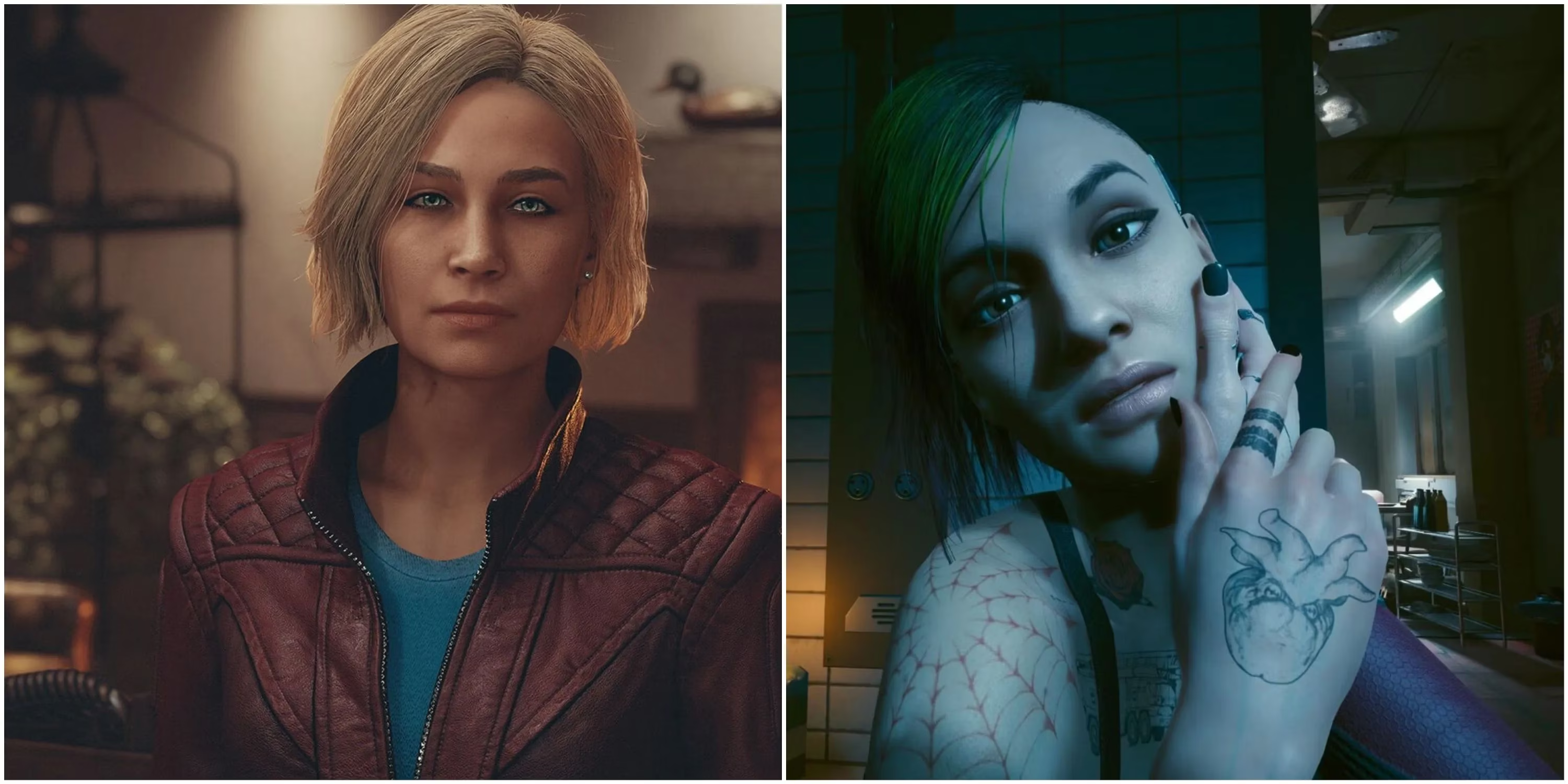The Evolution of Character Creators in Sci-Fi RPGs: Beyond Presets and Sliders
Explore how sci-fi RPGs like Starfield and Mass Effect revolutionize character creation, boosting immersion and personalization in futuristic worlds by 2025.
In the vast universe of role-playing games, character creation stands as the sacred gateway between player and digital world. While fantasy RPGs have traditionally excelled in this department, sci-fi RPGs have been quietly evolving their character creation systems into something truly special by 2025. The ability to craft a unique protagonist who will navigate futuristic worlds, make life-altering decisions, and potentially save entire galaxies is no small feature—it's the foundation of player immersion.

Looking back at the genre's history, early attempts at sci-fi character creation were admittedly limited. Take Deus Ex, where players merely cycled through preset appearances for JC Denton before allocating skill points. Despite these constraints, the game introduced a meaningful touch: your brother Paul would mirror your chosen appearance, creating a sense of genetic connection that resonated with players. This small detail demonstrated how even limited customization could enhance narrative immersion—a concept that modern developers continue to build upon.
BioWare's contributions to sci-fi RPGs, particularly with Knights of the Old Republic, showcased how character creation could serve a larger narrative purpose. Players controlled an amnesiac Jedi who, through a series of revelations, discovers their true identity in one of gaming's most iconic plot twists. Though the character creator was basic by today's standards—offering only portrait selection from predetermined options—it perfectly served the story's dramatic unmasking moment.
The genre took significant strides forward with Obsidian's The Outer Worlds. Despite working within the limitations of slider-based customization, players could craft distinctive protagonists with enough persistence and creativity. The game smartly offered helmet-free options, allowing players to appreciate their character design efforts throughout their adventure across corporate-controlled space colonies.
From Criticism to Acceptance
Mass Effect: Andromeda presents an interesting case study in the evolution of sci-fi character creators. Initially criticized upon release, the system has gained appreciation over time for offering significantly more options than the original trilogy's Commander Shepard customization. Players could meticulously craft both Ryder twins and influence their father's appearance, creating a sense of genetic continuity across the family.
"The true measure of a character creator isn't just in the number of sliders—it's in how often you get to see your creation in meaningful contexts," as one industry designer noted in a recent GDC panel. Andromeda understood this, consistently showcasing player characters in conversations and cutscenes.
By 2025, sci-fi character creators have reached impressive new heights. Bethesda's Starfield, despite mixed reception on other fronts, delivered an exceptional character creation system that allowed for detailed facial customization, diverse body types, and meaningful background choices that influenced gameplay.
🚀 Character Creator Evolution Timeline 🚀
- Early 2000s: Basic presets (Deus Ex)
- Mid-2000s: Portrait selection (KOTOR)
- 2010s: Slider-based systems (The Outer Worlds)
- 2020s: Comprehensive systems with gameplay impact (Starfield)
- 2025: Advanced physiological and psychological customization
Breaking New Ground
Perhaps no game pushed sci-fi character creation forward more dramatically than Cyberpunk 2077. CD Projekt Red's ambitious RPG transcended traditional boundaries by allowing customization of typically overlooked physical attributes, voice tone modulation, and meaningful lifepath selection. These choices weren't merely cosmetic—they fundamentally shaped V's journey through Night City.
The first-person perspective posed an interesting challenge: how to ensure players remained connected to their meticulously crafted characters? The solution came through frequent reflective surfaces, photo mode opportunities, and cutscenes that strategically showcased the player character, reinforcing the connection between player and protagonist.
Modern sci-fi RPGs have recognized that character creation extends beyond physical appearance. Psychological profiles, backstory elements, and specialization choices now form integral parts of character creation systems. Players don't just decide how their characters look—they define who they are at a fundamental level.
The Future of Digital Identity
What makes sci-fi RPG character creators particularly fascinating is how they reflect our evolving relationship with digital identity. In an era where many people maintain carefully curated online personas, the ability to craft a digital self that will navigate complex moral choices in futuristic settings feels increasingly relevant.
The best sci-fi RPG character creators understand this connection. They're not just tools for cosmetic adjustments but gateways to exploring alternate versions of ourselves. When players agonize over eye color, facial structure, or voice tone, they're engaging in a form of digital self-expression that transcends simple gameplay mechanics.
Industry insiders have hinted at the next frontier in character creation: adaptive systems that evolve based on player choices. Imagine characters whose appearances subtly change based on moral decisions, faction allegiances, or environmental exposure—creating visual narratives that complement the written story.
As we look toward the next generation of sci-fi RPGs, the question becomes not just how detailed character creators can become, but how meaningfully they can connect players to their digital counterparts. Will future systems incorporate psychological profiling that shapes dialogue options? Could we see characters that age realistically throughout epic, multi-year narratives? Or perhaps AI-driven systems that generate unique character options based on player preferences?
What aspects of your identity would you want a truly advanced sci-fi RPG character creator to capture that current systems still can't accommodate? 🤔